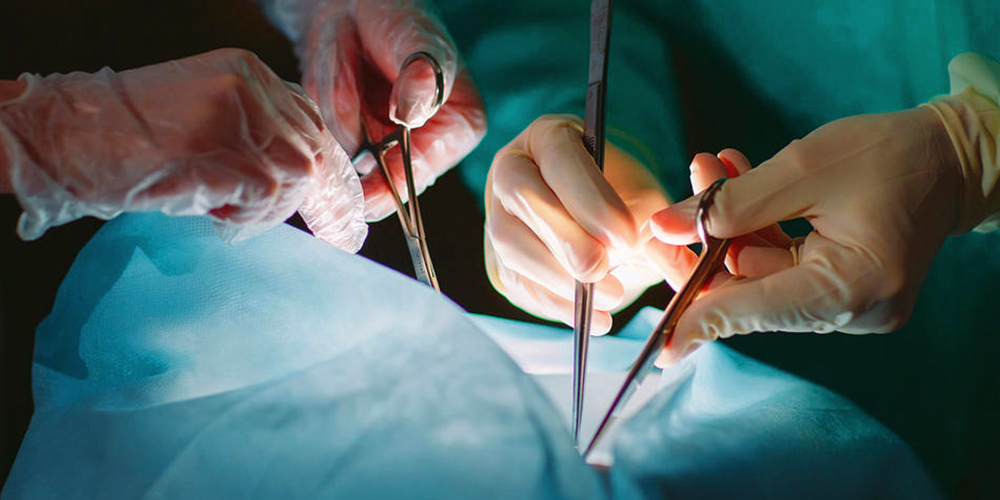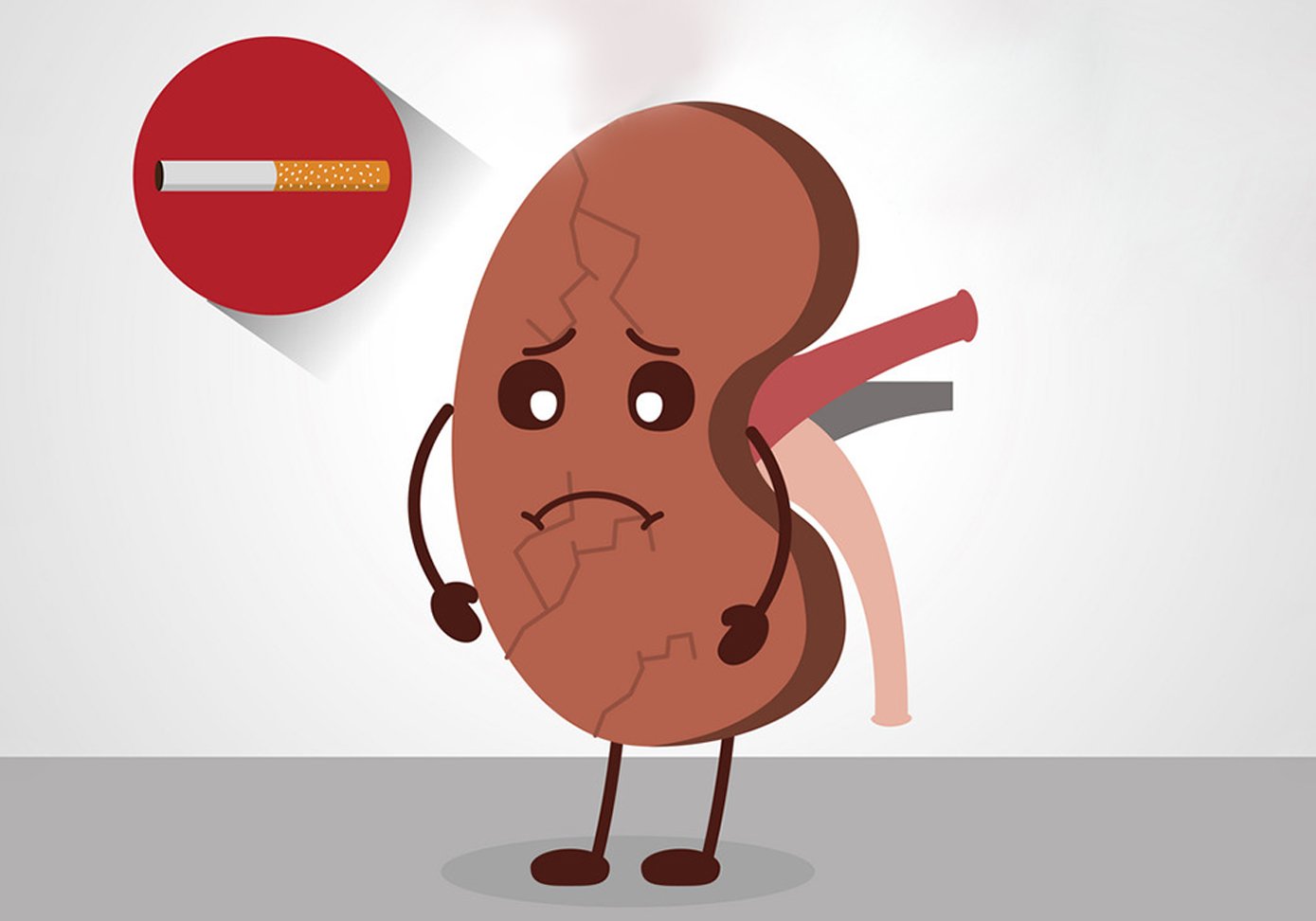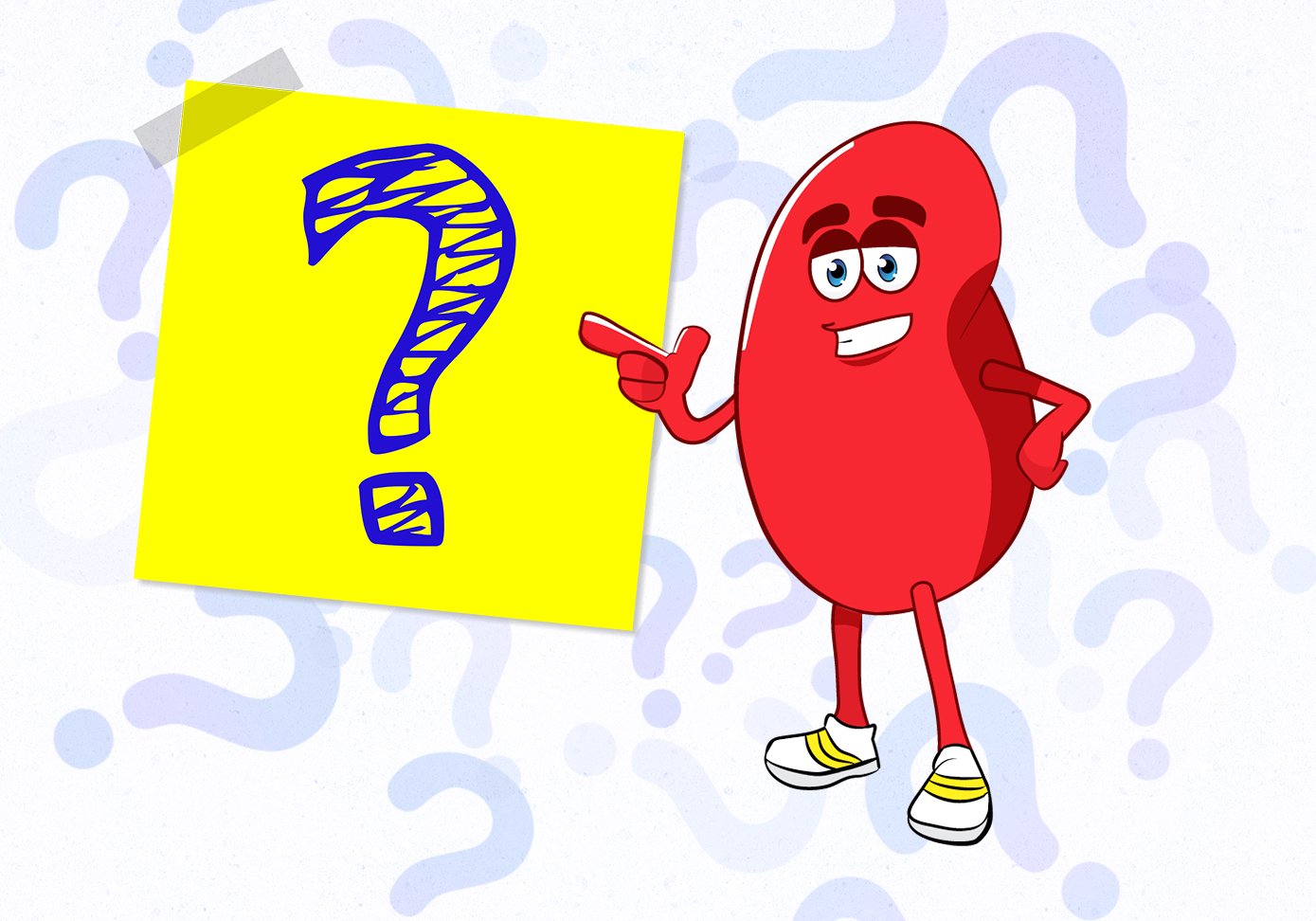Anti-rejection medication
Rejection is the most important risk that may happen to a transplanted organ. Since the transplanted kidney was not born with you, your body may identify the kidney as a foreigner and attack it to protect your body. Rejection is the ordinary response of the body towards the newly donated organ. You need to take anti-rejection (immunosuppressant) medicine in order to prevent rejection. There are two types of rejection: Acute rejection can occur within the first year of transplant and it can usually be treated successfully. Chronic rejection occurs slowly and during a long period. The reasons for this kind of rejection are not clear and treatment often fails. Anti-rejection medicines suppress the body’s immune system response to the foreign existent and try to prevent kidney rejection. You should not stop taking your anti-rejection medicines no matter how good you feel because if rejection happens, it is hard to be diagnosed in the early stages.
Infection
Getting
Infections after kidney transplantation is an important issue that you should be careful about them. When you take anti-rejection medicines, your body’s immune system is lowered and are exposed to viruses and infections. It is important to find and treat infections as soon as possible before they make you very sick. There are some protocols that you need to do for kidney transplant care and protecting your body from infections:
- wash your hands regularly
- keep your environment hygiene
- avoid close contact with patients having a contagious disease
- keep distance with those who are recently vaccinated with live vaccines
if you need to travel or have a special plan, inform your doctor in advance
Vaccines
Vaccines help protect your body from infections. Yet, when you have a transplant, some vaccines are not suitable for your health. Remember to consult with your doctor before receiving any vaccines and boosters. Here are some general rules of using vaccines and boosters:
- avoid all live vaccines
- avoid the nasal influenza vaccines
- receive Hepatitis B vaccine before transplant
- for getting a flu shot, wait for at least 3-6 months after the transplant
- get a yearly booster
if you want to travel abroad, consult with your doctor about the required shots that are common to that area
New-Onset Diabetes after Transplant
As a side effect of the anti-rejection medicines, after the transplant, you may develop diabetes, even if you did not have this disease before. The risk of having new-onset diabetes is higher if you are obese. After the transplant, your blood sugar will be monitored and if it is needed your doctor help you have a plan to control your blood sugar. You may need a carbohydrate-controlled diet and routine exercise besides the diabetes medications.
Heart Disease, Blood Pressure, Cholesterol, and Blood lipids
When you have a kidney transplant, you are at a higher risk for heart disease, high blood pressure, high cholesterol, and blood lipids as the probable side effects of anti-rejection medications. In order to lower the risk of diseases, you should:
- have routine check-ups with your healthcare provider to monitor your blood pressure, cholesterol level and blood lipids
- stop smoking
- have regular exercise (as your doctor allowed)
- maintain a healthy weight by following a healthy diet
- have a low salt diet
- take your prescribed medications
Smoking
Smoking can noticeably raise the risk for heart disease, cancer, and lung infection. Smoking can also influence kidney function by decreasing the life span of your new kidney. You can use the help of your doctor by taking medications that ease the quitting process or you can get help from your family and friends. Smoking can reduce your blood cells’ ability to carry oxygen to your organs and this issue can make the healing process longer which is even worse in kidney transplant patients who take immunosuppressive medications.






Comments & Questions